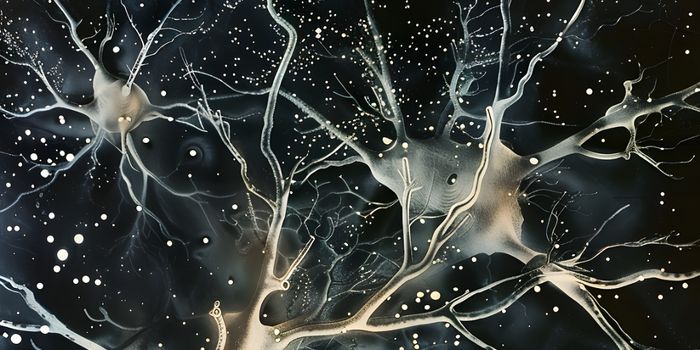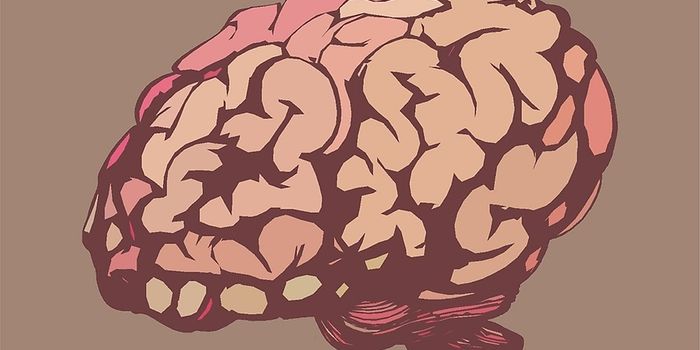Why an Infection Gives Us That Sick Feeling
Most people tend to exhibit certain symptoms and behaviors when they have an infectious disease. For example, many of us get a fever, feel fatigued, get depressed, experience gut distress, have disturbed sleep, and withdraw socially when we get the flu or other infections. While the immunological pathways that respond to infectious pathogens have been well-studied, the neurobiological and neuroimmune interactions that underlie sickness behaviors are still not well-understood.
In a new study reported in Nature, scientists have learned more about how the brain knows the body has an infection. A small batch of neurons in the airways is crucial to this process, and an infection triggers a signaling pathway from the lungs to the brain.
We know that aspirin and ibuprofen can help treat sickness. During an infection, both mice and humans generate lipids called prostaglandins. The medications can block the synthesis of prostaglandin E2 (PGE2). It's been hypothesized that PGE2 associates with neurons in the hypothalamus by directly crossing the blood-brain barrier.
Researchers analyzed gene expression in individual cells, and identified a gene expressed in subsets of neurons, one of which was a small population of cells called PGE2-detecting glossopharyngeal sensory neurons (petrosal GABRA1 neurons). These neurons seem to be required for the sickness behavior caused by flu in a mouse model. These neuronal cells are located in the glossopharyngeal nerve that links the throat to the brain. Petrosal GABRA1 neurons also have receptors for prostaglandins.
Whether the neurons were eliminated from a mouse model by cutting the glossopharyngeal nerve; the prostaglandin receptors were deleted; or the mice were treated with ibuprofen, the researchers found that flu symptoms were alleviated and more of the mice survived compared to mice that were sick with the flu but not treated.
This appears to indicate that an infection triggers the production of prostaglandins, which are detected by the airway neurons (petrosal GABRA1 neurons) identified in this study. This interaction sends signals to the brain that an infection is occurring. It could also explain how drugs like aspirin and ibuprofen work to relieve some flu symptoms.
The investigators also identified another pathway that may be related to sickness behaviors. It extends from the lungs to the brain, and seems to work during the second phase of an infection as the virus penetrates the respiratory system. This pathway is unrelated to prostaglandins.
Now, the investigators are interested in confirming that these mechanisms are also at work in humans. A better understanding of how infections impact the body will help us create better therapeutics for treating them.
"This study helps us begin to understand a basic mechanism of pathogen detection and how that's related to the nervous system, which until now has been largely mysterious," said senior study author and Howard Hughes Medical Institute investigator Stephen Liberles, professor of cell biology in the Blavatnik Institute at Harvard Medical School.
Sources: Harvard Medical School, Nature









